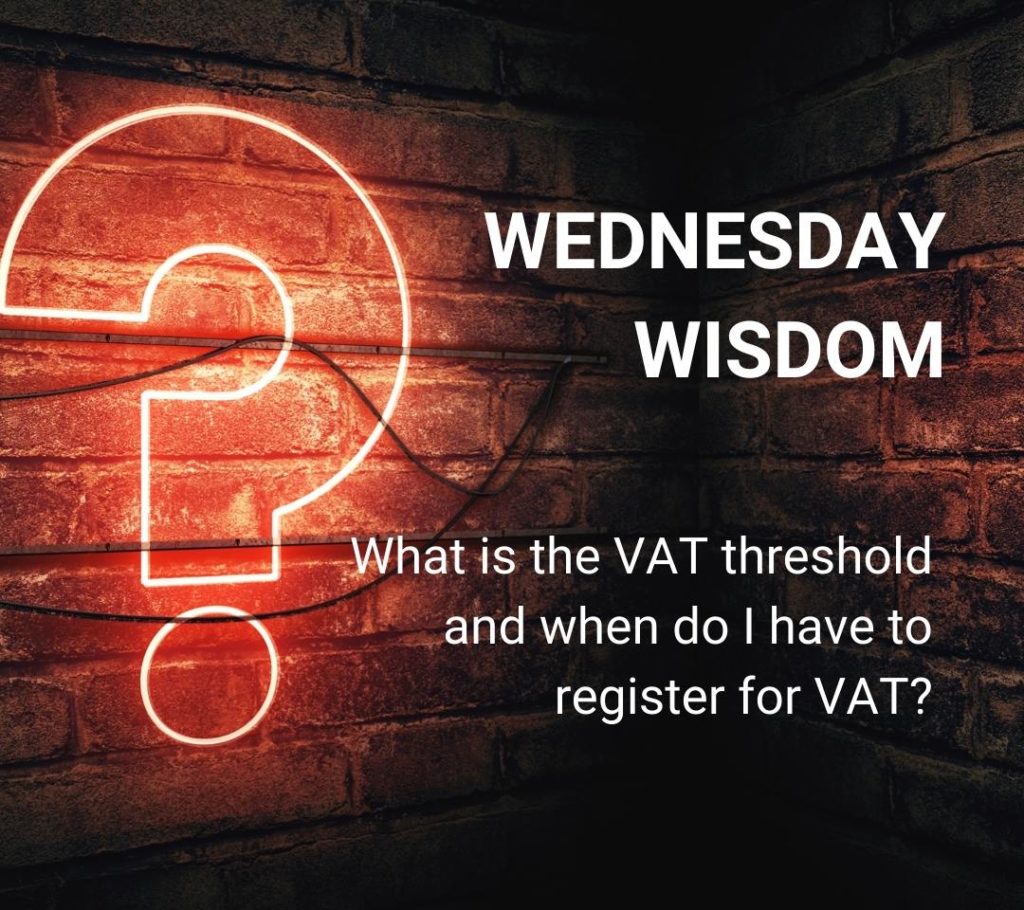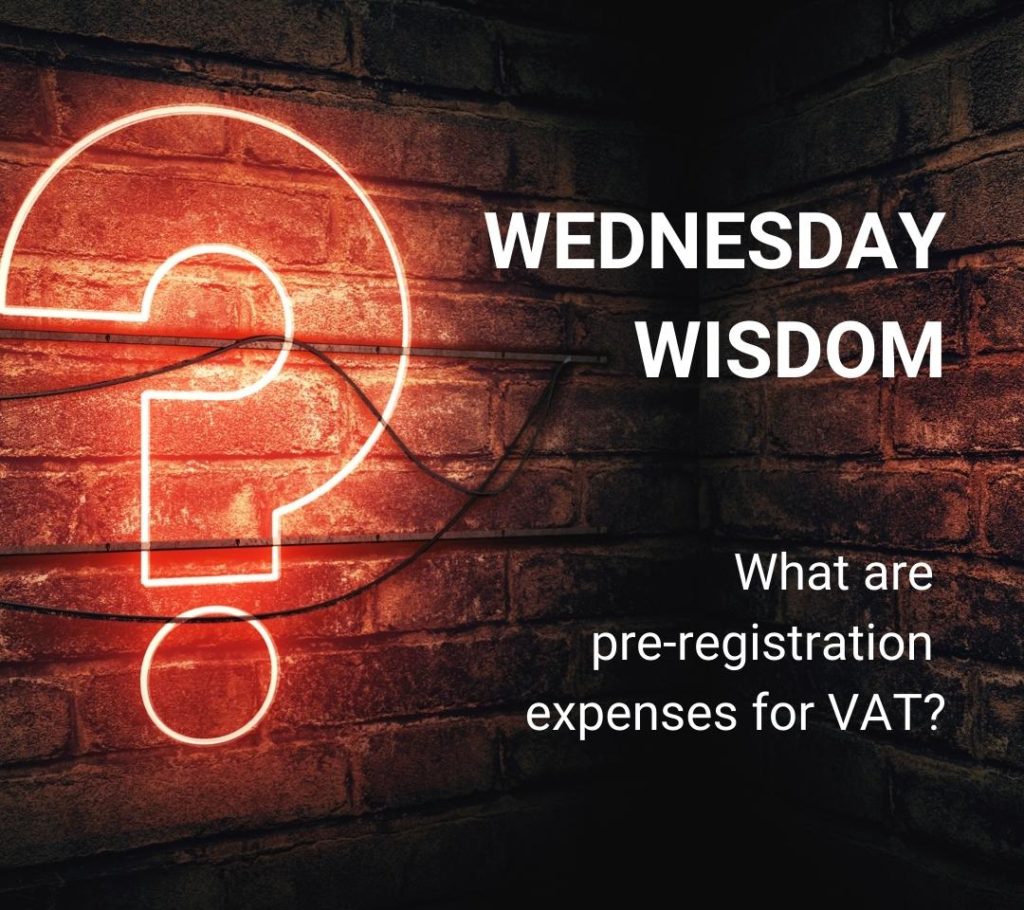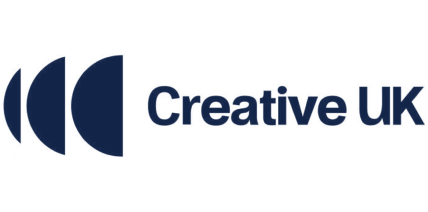Updated 23 March 2020
The Coronavirus Business Interruption Loan Scheme (CBILS) provides support for businesses to access funding if certain eligibility criteria are met.
What is it?
The aim of CBILS is to support the continued provision of finance to UK SMEs during the COVID-19 outbreak. This is a temporary measure, by the UK Government. The scheme is designed to provide lenders with a government-backed guarantee, potentially enabling a ‘no’ credit decision from a lender to become a ‘yes’. The government has announced that CBILS will be both demand-led and resourced accordingly.
How can I get hold of the money?
CBILS is administered by the British Business Bank and made available to businesses via more than 40 accredited lenders, including many major high street banks. If businesses wish to apply, they should contact their existing bank or a lender accredited via the scheme. Details of the scheme are available on the British Business Bank website.
Key features of the scheme:
- Up to £5m facility: The maximum value of a facility provided under the CBILS scheme will be £5m, available on repayment terms of up to six years.
- 80% guarantee: The scheme provides the lender with a government-backed, partial guarantee (80%) against the outstanding facility balance, subject to an overall cap per lender.
- No guarantee fee for SMEs to access the scheme: There is no fee for smaller businesses. Lenders will pay a small fee to access the scheme.
- Interest and fees paid by government for 12 months: The government will make a Business Interruption Payment to cover the first 12 months of interest payments and any lender-levied fees, so smaller businesses will benefit from no upfront costs and lower initial repayments.
- Finance terms: Finance terms are up to six years for term loans and asset finance facilities. For overdrafts and invoice finance facilities, terms will be up to three years.
- Security: Security against repayment of the loan will be determined at the discretion of the lender. The scheme can be used for unsecured lending for facilities of £250,000 and below. For facilities above £250,000, the lender must establish a lack or absence of security prior to businesses using CBILS.
- The borrower always remains 100% liable for repayment of the debt: Whilst this is a very generous scheme, ultimately the borrower (i.e. the business customer) remains liable for repayment of the debt. Debt repayment holidays or payment deferrals will be at the discretion of the lender.
Eligibility and additional features
Applications: An SME must submit a borrowing proposal to a bank or approved alternative lender which, “were it not for the current pandemic, would be considered viable by the lender”. In effect this means that the lender must believe that the provision of finance will enable the business to trade out of any short-to-medium term difficulty. This is a very important condition and means that SMEs would be wise to prepare applications carefully and discuss their applications with both their preferred lender, accountant or business advisor.
Lack of security: The scheme may be very attractive for smaller companies in that for facilities of £250k and under, the CBIL scheme may be used for unsecured lending. For facilities over £250k, the CBIL scheme still requires you to establish a lack or absence of collateral.
Company size: A company must have a turnover of no more than £45m and meet certain other criteria, such as having fewer than 250 employees.
Additional flexibility around industry sectors: Facilities are also available to cover companies and individual traders operating in sectors not previously covered by the Enterprise Finance Guarantee scheme such as: haulage, agriculture, fisheries and aqua-culture.
Ineligible businesses and sectors:
- Fishery, aquaculture and agriculture businesses may not qualify for the full interest and fee payment.
- The following trades and organisations are not eligible to apply: banks, building societies, insurers and reinsurers (but not insurance brokers); the public sector including state funded primary and secondary schools; employer, professional, religious or political membership organisations, or trade unions.
If you have concerns or questions, please contact the WW Creatives team. As further details are announced, we will keep you informed.







